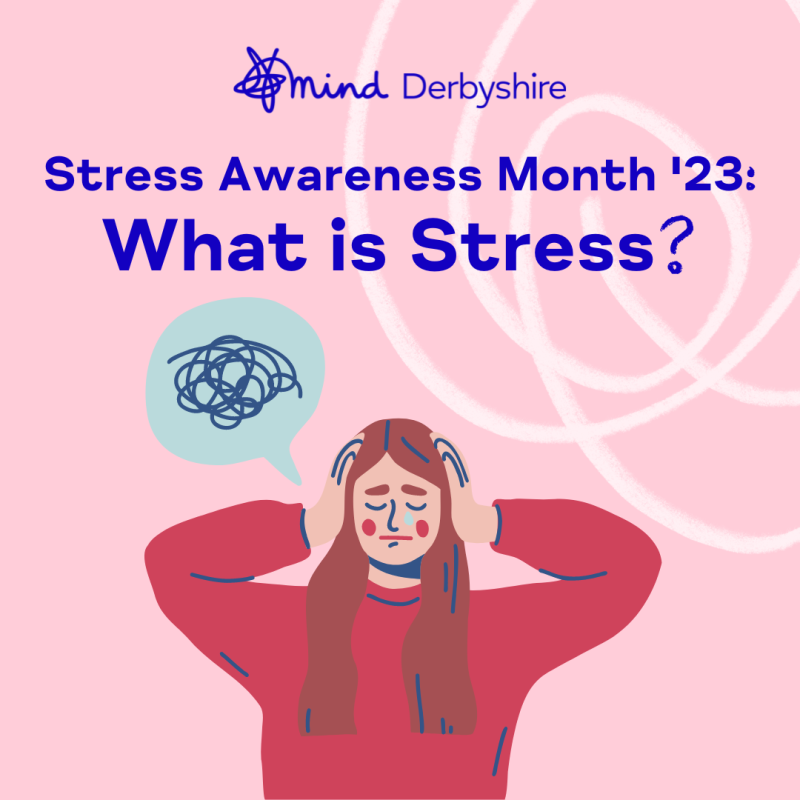Stress Awareness Month 2023: What is Stress?
5 April 2023

Stress is something that affects all of us at some point in our lives. It’s a natural response to challenging situations, but when stress becomes chronic, or long-lasting, it can have a serious impact on your mental health.
You might be experiencing chronic stress without even knowing it. You might be feeling tired, irritable, or overwhelmed, without understanding the root cause of these feelings. This is why it’s important to take the time to identify the sources of stress in your life, so you can develop a plan for managing them.
What is stress?
Stress is a normal response that our body has to things that might feel overwhelming or difficult. It is a natural physiological and psychological response to a perceived threat or demand, whether real or imagined. It’s a normal part of life and can even be helpful in certain situations, such as when we need to be alert and focused in order to perform well. However, when stress lasts for a long period of time or becomes overwhelming, it can have negative effects on our physical and mental health. Stress can cause symptoms like headaches, muscle tension, stomach problems, and feeling anxious or depressed.
Is stress a mental health condition?
Stress is not considered a mental illness on its own, but it can contribute to the development of mental health problems such as anxiety disorders and depression. Stress can also have negative effects on physical health, including increasing the risk of heart disease, high blood pressure, and other health problems. It’s important to take steps to manage stress effectively in order to maintain overall well-being. Seeking support from a mental health professional may be helpful for those who are struggling with the negative effects of stress on their mental and physical health.
“It was quite a revelation to learn that my frantically beating heart, racing thoughts, hyperactive personality and behaviours all resulted from being massively and permanently stressed out.”
What are the signs and symptoms of stress?
Stress can affect people in different ways, and the signs and symptoms can vary. Here are some common signs and symptoms of stress:
- Physical symptoms: stress can cause physical symptoms such as headaches, muscle tension, fatigue, stomach problems, and sleep difficulties.
- Emotional symptoms: stress can also cause emotional symptoms like irritability, mood swings, anxiety, depression, and feeling overwhelmed.
- Behavioural symptoms: stress can even affect how we act, perhaps causing us to withdraw from social situations, procrastinate, overeat, or maybe turn to alcohol or drugs as a coping mechanism.
- Cognitive symptoms: stress can also affect our thinking, causing us to have difficulty concentrating, forget things, or have racing thoughts.
- Relationship problems: stress can impact our relationships with others, causing us to become more irritable, distant, or argumentative.
It’s important to note that not everyone will experience all of these symptoms, and some people may experience different symptoms than those listed above.
Get Support:
If you are experiencing symptoms of stress and would like to receive one-to-one support, including help to build your own stress management toolkit, why not refer yourself to our Supported Self Help Service. The six-week guided self help service is free to adults in Derby and Derbyshire. Click Here to find out more and make a self-referral.